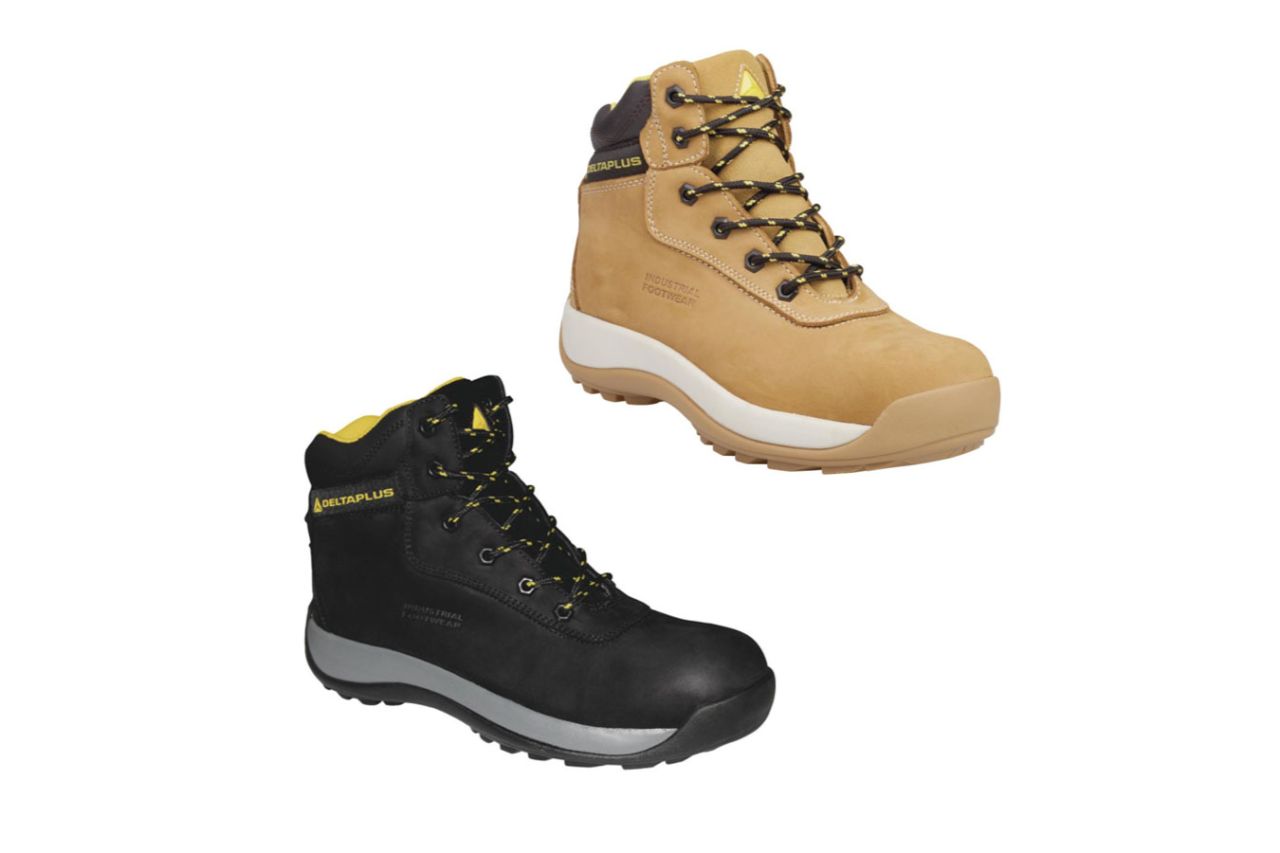
Some jobs are riskier than others. People who work in construction, fire protection, traffic enforcement, factories, laboratories, hospitals, and even theme parks require additional protection. That’s why workers and employees need to wear protective personal equipment that shields certain body parts like the head, face, body, limbs, and feet. In this blog post, you will learn more about safety shoes and their uses at work. Read on!
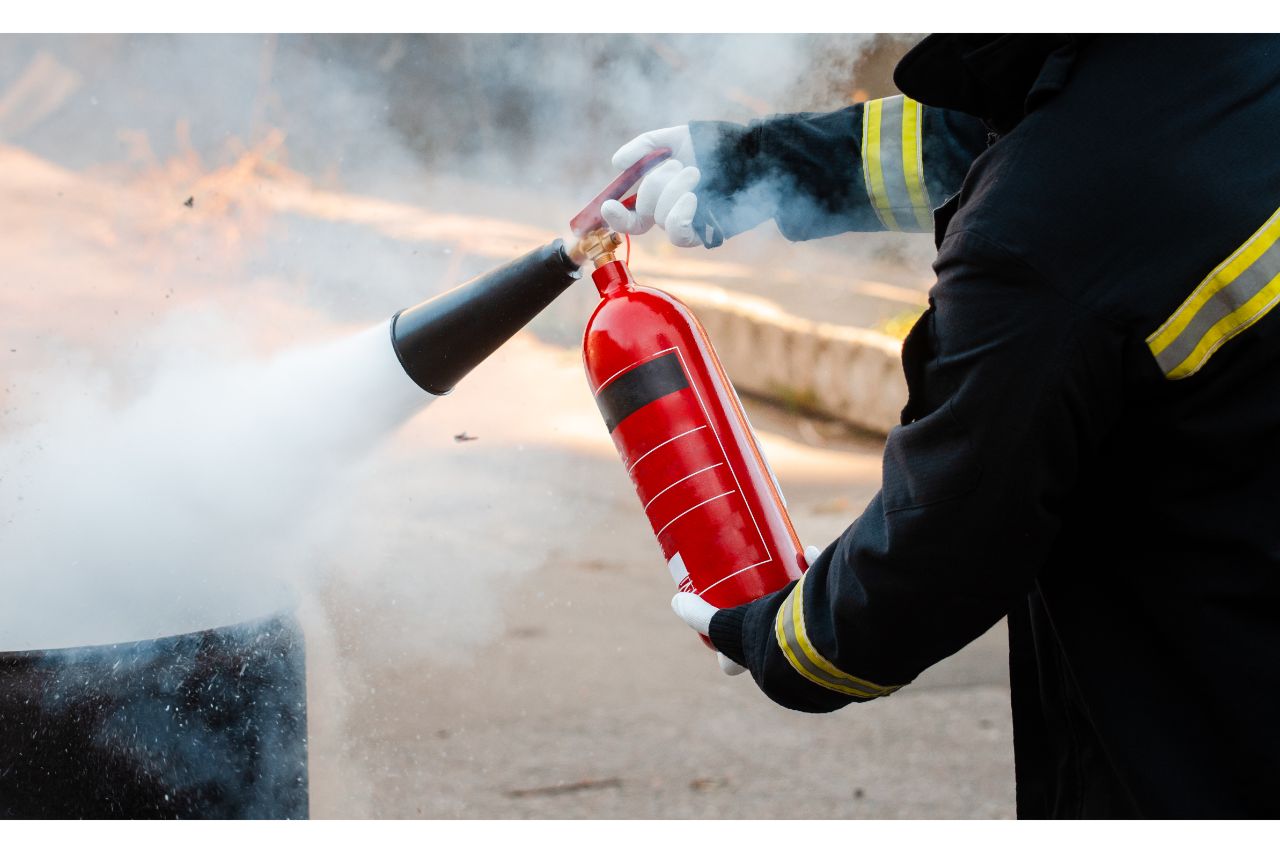
Those who work as linemen, firemen, and mechanics face possible dangers like electrocution and fire burns. These hazards are included in their work because they interact with power lines, burning buildings, engines, and machines.
To counteract these risks daily, safety boots made from non-conductive materials such as leather and rubber are worn. These are durable footwear that can withstand electrical sparks and injuries related to fire. Instead of steel toe caps which can conduct electricity, other materials such as fiberglass are used to maintain protection from falling objects.
Workers in factories and laboratories that deal with substances that could penetrate ordinary footwear need additional shoe safety. These people face hazards such as toxic chemicals that can burn the skin and injure the foot.
For chemical environments, it’s best to use safety shoes that are made with rubber, neoprene, or PVC. Customized safety shoes may also be needed, depending on the chemicals involved.
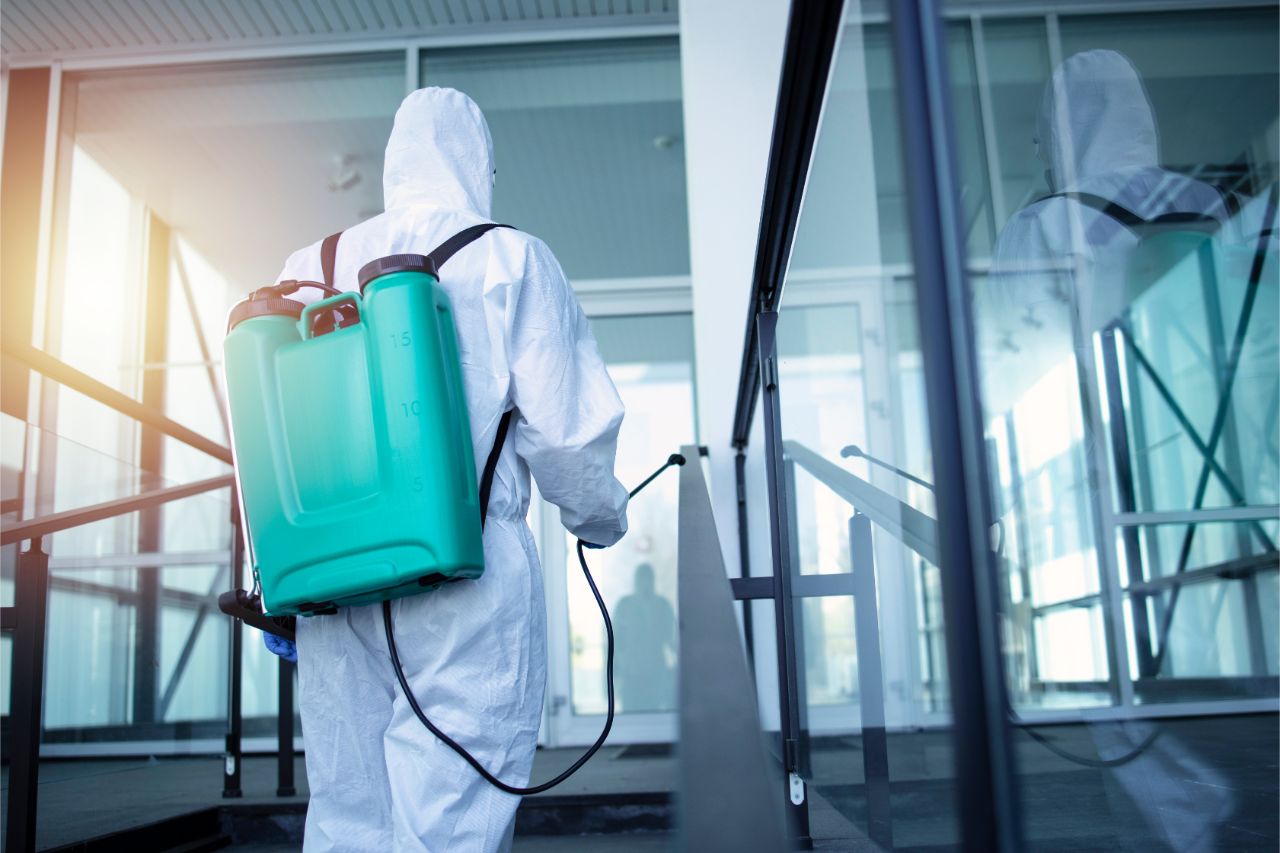
Health workers and employees in the food industry need to wear safety shoes that can block contaminants. This can protect them from infectious diseases or keep the food and beverages free from dirt and bacteria.
This is where safety shoes with foot covers come in. This is a type of protective wear that is worn over the shoes as an outer layer. To make sure that it fits snugly, the hems are sewn with garters or designed with straps.
In hectic working environments such as quarrying sites and construction areas, you won’t easily notice sharp objects on the ground such as crushed glass and pieces of rubble. For workers wearing ordinary shoes, the risk of punctures and cuts is high.
That’s why employers should invest in good quality safety shoes with reinforced midsoles. In some cases, steel midsoles are required to protect against sharp objects. Although made of steel, these kinds of midsoles are still flexible enough to provide comfort and convenience to the wearer.
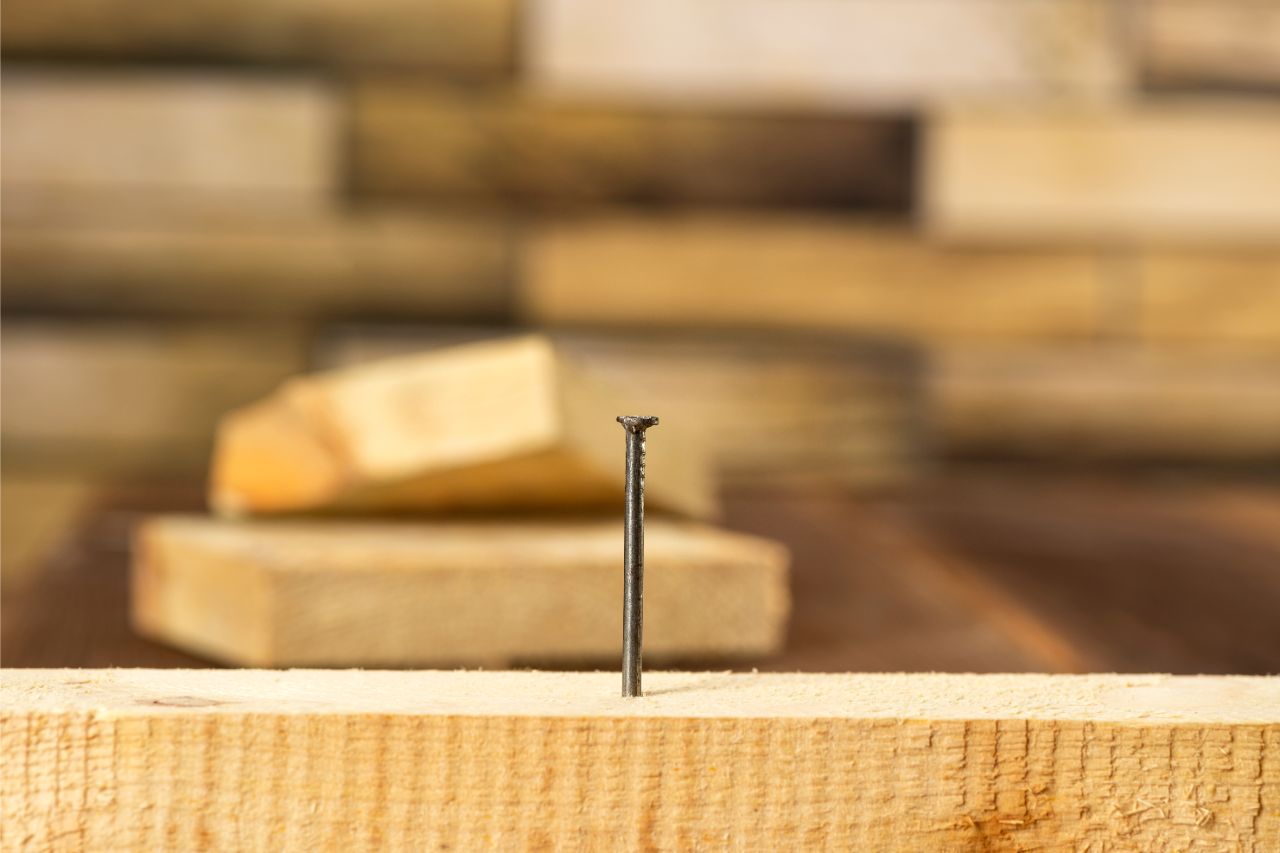
For people who work with heavy equipment, some risk hazards are falling and flying objects. Envision heavy building materials, metal tools, and dense machine parts that could fall from high points. To minimize these accidents, overall job site safety is important.
To prevent your workers from getting injured, safety shoes are one of the personal protective equipment they can wear. For this reason, steel toe caps are used in safety shoes.
Some work environments such as snow theme parks, cold laboratories, and factories also need safety shoes with an insulation feature. These job sites are required to be kept cold all year round, so workers need special footwear that can resist extreme temperatures.
To protect workers, footwear with thick soles and special linings is needed. Without these, they could get sick easily or experience dry and cracked skin. Another problem brought by the cold is stiff muscles, which could lead to clumsy movements and injury.
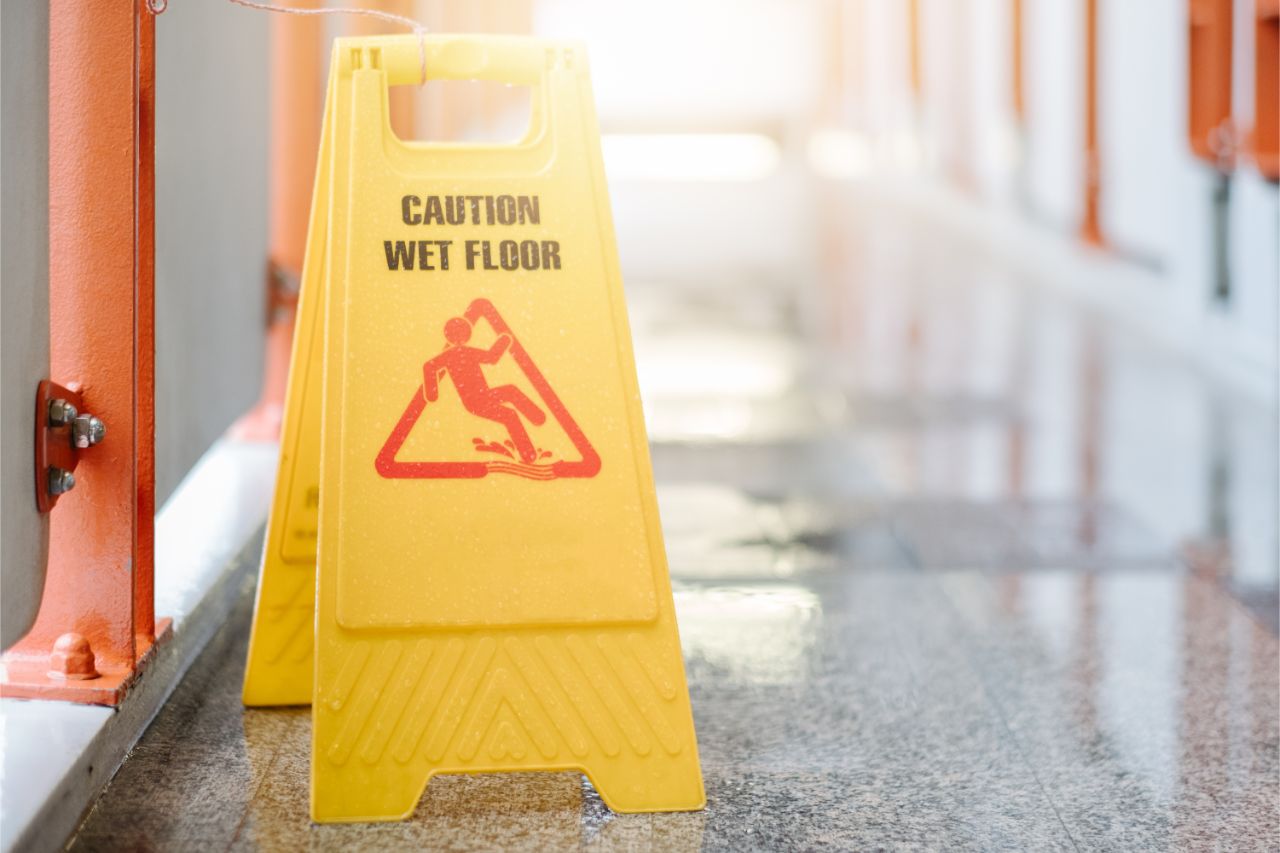
Workers at cold job sites are also prone to slips and trips. This is the same for people in construction, agriculture, factories, and fire protection. Safety boots can prevent falls in rainy weather, wet environments, and slippery surroundings.
Footwear with grooves and threads can prevent these accidents from happening. It can also protect workers that have to step on ladders and platforms located high up.
Aside from protection from hazards, safety shoes should also give comfort to the wearer. Work that requires walking and standing for prolonged periods need customized footwear to maintain workers’ job performance.
People in these jobs will eventually get tired at the end of the day. But with the wrong footwear, it could happen early. The wrong size and materials can lead to bruises, cuts, and swollen feet which can halt productivity.
In this blog, you learned more about safety shoes and their uses. There are many types of footwear for different applications, and some jobs require all or just one of these features.
Overall, it is used to protect from hazards such as electricity, fire, chemicals, and contaminants. Some are also tough enough to shield against falls and punctures. It can also be incorporated with thermal insulation and anti-slip soles. And lastly, safety shoes are comfortable enough to delay fatigue.
Dels Apparel is one of the most trusted suppliers of workwear in the country. Aside from personal protective equipment, we also supply corporate uniforms, safety equipment, and facilities.
We are backed by 50 years of experience in the industry, satisfying clients from both private and government institutions both local and abroad. If you need assistance with regard to safety shoes, you can send a message or call here.